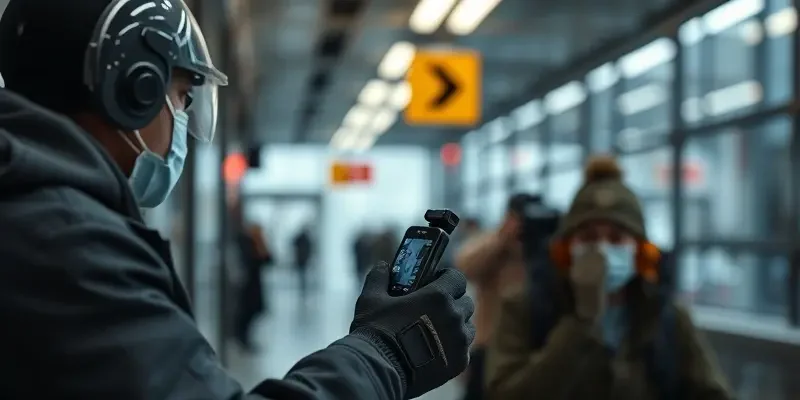Finding Strength Together: The Power of Support Groups in Injury Recovery
Everyone who trains for health or performance—whether you’re a weekend warrior or a seasoned athlete—faces setbacks at some point. The path to recovery can feel isolating, but you don’t have to walk it alone. Support groups offer a proven way to heal both body and mind, helping you rebuild stronger than before.
Why Support Groups Matter in Injury Recovery
When recovering from an injury, physical rehab is only half the battle. The emotional hurdles—fear, frustration, loneliness—can slow your progress or even stop you in your tracks.
Numerous studies confirm that athletes who join injury-specific support groups recover faster and with greater confidence. Why? Because sharing the journey with others in the same boat boosts resilience, offers fresh perspectives, and helps you trust the process. Think of it as having teammates for your comeback, rooting for your success every step of the way.
Types of Recovery Support Groups
Not all support groups are created equal. Here’s a quick guide to what you’ll find:
Online Support Communities
- Forums & Social Groups: Platforms like Facebook, Reddit, or specific injury nonprofit sites offer vibrant online spaces. Groups like PINK Concussions support gender-specific recovery, while others focus on certain injuries (like ACL or spinal cord).
- Virtual Meetups: Many organizations and hospitals now run Zoom-based groups for convenient, real-time peer discussion.
In-Person Groups
- Local Meetups: Search sites like Meetup or check with local physical therapy clinics. These groups often include Q&A with physiotherapists, hands-on sessions, and motivational stories.
- Diagnosis- or Gender-Specific: Some centers host unique groups (e.g., women recovering from concussions, or communities for spinal cord injuries) tailored to specific needs and experiences.
Professional vs. Peer-Led
- Peer-Led: Facilitated by people with lived experience, forging relatability and empathy.
- Professional Facilitated: Led by coaches, therapists, or sports psychologists—ideal if you want targeted rehab advice or need extra accountability.
What You’ll Gain: The Practical Benefits
Support groups do more than just offer a safe space. Here’s what members typically gain:
- Motivation & Accountability: Regular check-ins and shared goals keep you committed during rehab’s toughest weeks.
- Physical Recovery Tips: Learn about the latest gadgets—foam rollers, massage guns, compression wear—and how others put them to use.
- Evidence-Based Prevention: Discover proven warm-up routines, flexibility tips, and technique tweaks to help prevent re-injury.
- Nutrition for Healing: Exchange recipes and nutrition plans centered on muscle repair and inflammation reduction (think lean protein, vitamin C-rich foods, and omega-3s).
- Mental Resilience: Techniques like goal-setting, visualization, and progress tracking all become easier with group support. You’ll find peers and pros who understand the emotional roller coaster—and strategies to manage it.
- Trusted Recommendations: Members often share honest reviews of local therapists, clinics, and online resources—you’ll know what really works.
How to Find and Join the Right Group
Ready to reap the benefits? Here’s a simple game plan:
- Define Your Needs: Begin with your injury type, recovery goals, and whether you prefer virtual or in-person.
- Explore Platforms: Try searching on Facebook, Meetup, or national organizations like the Brain Injury Association of America. Don’t forget local hospital or rehab center listings.
- Ask Your Provider: Physical therapists and sports doctors often have a list of trusted groups or may even host their own.
- Try a Session: Many groups allow you to attend a session or two before committing. Choose one where you feel welcome and supported.
Pro tip: If you’re shy at first, join an online forum to build confidence or simply lurk until you’re ready to participate.
In Summary: Recovery is Stronger Together
Injury can feel like a detour, but you don’t have to travel it solo. Support groups offer practical advice, emotional connection, and the steady encouragement every athlete or fitness enthusiast needs to return to their sport—and life—with confidence.
If you’re navigating recovery, take the leap: explore a group, share your journey, and discover just how powerful a community can be, on the road back to strength.
Have you found a favorite support group, tool, or recovery strategy? Share your experience in the comments, or check out our other GymPulse Club resources for more guidance on recovery and mental health.

